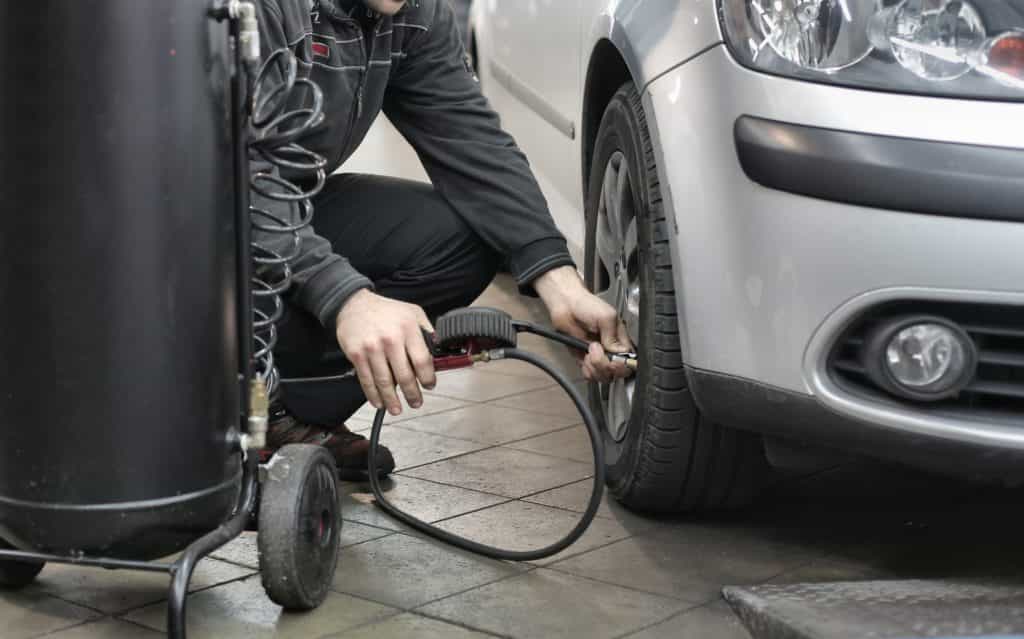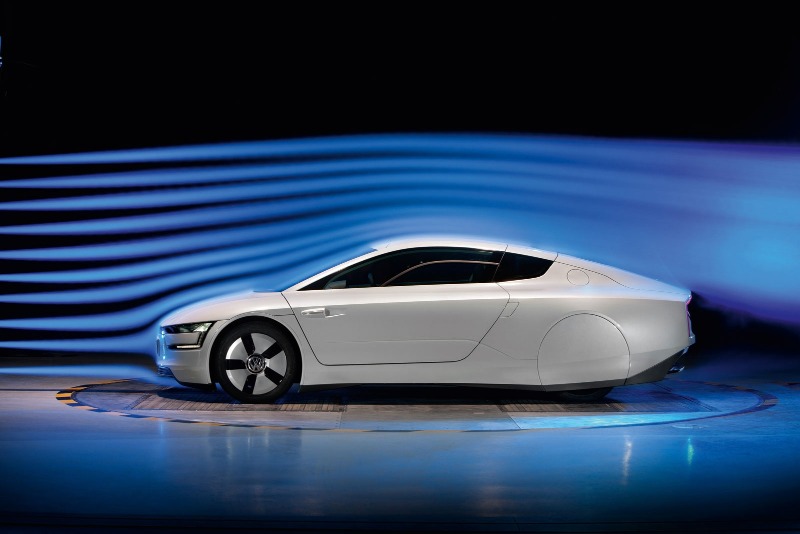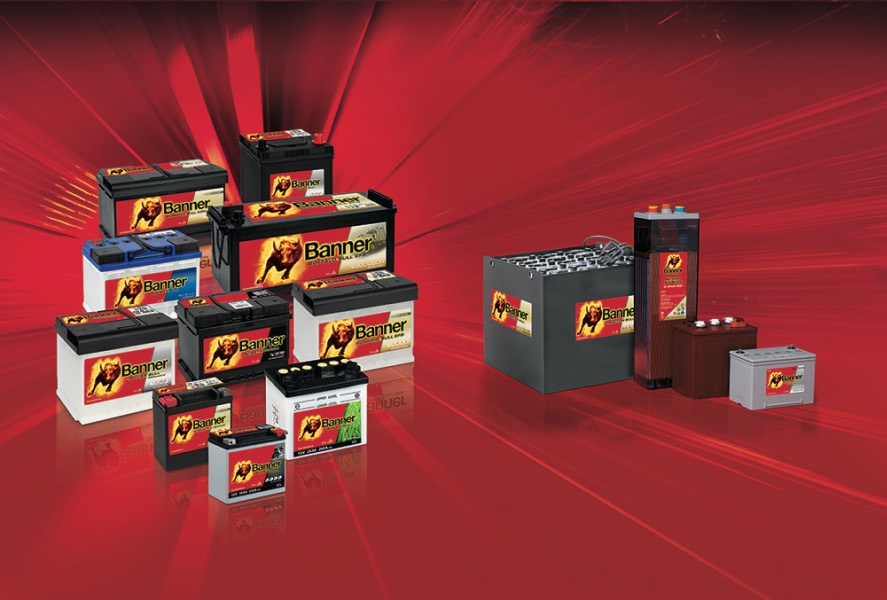Tips on How to Save Fuel for Your Vehicle
As a UK motorist, you’ll know only too well how much the price of petrol and diesel can fluctuate. These changes can occur week by week or even by postcode and while there’s not much you can do about them, you can adapt your driving habits to improve your mileage-per-gallon so you’re conserving fuel.

Maintain your vehicle
If you maintain your vehicle so that it’s always in good condition it’ll run at its most efficient, which will improve your MPG. Booking a regular service at a local garage is important as your mechanic will be able to spot and fix any small problems which could be causing you to use more fuel than you need to.
Keeping your tyres inflated to the correct pressure – you’ll find this in your owner’s manual – is also very important. If your tyres are either underinflated or overinflated then either can affect your fuel economy. You also need to think about how heavy a load you’re carrying on each journey. If you’re driving to a camping site with four or five people in the car, your camping equipment and food supplies, then inflate your tyres to the maximum setting before you start off.
Go easy on the accelerator
Going too fast is the biggest fuel-burner, so drive within speed limit (you should be doing this anyway) and accelerate gently every time. Stay in the highest gear for each speed banding and when driving through cities move up gears as quickly as you can while keeping the revs as low as you can. The faster an engine spins, the more fuel it’s using.
Years of research have shown that for most cars, the optimum speed for fuel efficiency is between 45mph and 50mph. Of course, there’ll always be variations, but you can’t go too far wrong by aiming for this sort of cruising speed.

Try to maintain momentum
Keeping to as smooth a speed as possible also helps to save fuel. Traffic conditions will always vary, but if you know that there’s almost always a snarl-up at a particular junction, then start slowing down before you can see it so that you’re not decelerating suddenly.
Similarly, when you get out of the congestion, don’t be tempted to put your foot down because sudden acceleration is a real waste of fuel.
Hill-driving is another MPG-killer. If you see a hill coming up, accelerate just a little to that the extra boost helps you up the first few metres of the hill. Ease off when you’re on the hill and drive as you usually would.
Use your cruise control wisely
Your cruise control will only save fuel when you’re on a flat road, which is why it’s best used on a motorway. You need constant speed to get the best MPG, so motorway driving, with its long straight stretches, is ideal.
Using cruise control for city or suburban driving means that frequent turning, stopping and starting and fiddly manoeuvres will all increase your fuel usage. There’s also lots of gradient changes, traffic calming measures and so on for your cruise control to “keep up” with, which it won’t be able to do effectively.

Reduce the drag effect
If you don’t need the roof bars or the rooftop cargo carrier then remove it as it could increase your drag by 16% (for the bars) or 39% (for the cargo box) at 75mph. As you can imagine, this effect increases with speed and really zaps your MPG.
Driving with the windows rolled down increases drag as well, as do the little flags your car might sport during the World Cup.
Think before you turn on the aircon or heating
Your climate control uses power from your engine and therefore – you guessed it – fuel! Don’t just reach for the thermostat, unless you’re going to be uncomfortably hot or cold during the journey.
Lighten the load on your car
While it won’t make an enormous difference to your MPG, removing unnecessary items from your boot and footwells is something well within your control. The heavier your car is, the more fuel it needs to move, so if you’re still carrying around four two-litre bottles of water from your camping trip, remove that excess eight kilos ASAP!

Try to combine shorter trips if you can
Rather than driving five miles to deliver your granny’s birthday present, returning home for a few hours and then setting off to the supermarket, combine the two errands so that your car engine doesn’t have much chance to cool down.
Cold starts can use up a lot of fuel, so if you can eliminate one cold start from your afternoon, you’ll have saved more petrol or diesel.
The easiest way to find the best mechanic for your needs.
Other Articles

Have you bought a Covid Car? The semiconductor shortages during the COVID-19 pandemic had a significant impact on the automotive industry, leading to several notable changes and omissions in the production of cars. Vehicles built during this period (Covid Cars) often had to forego certain features and technologies that rely heavily on semiconductors. Depending on […]
Have you bought a Covid Car? The semiconductor shortages during the COVID-19 pandemic had a significant impact on the automotive industry, leading to several notable changes and omissions in the production of cars. Vehicles built during this period (Covid Cars) often had to forego certain features and technologies that rely heavily on semiconductors. Depending on […]

Combustion engines require a nearly constant temperature level in order to ensure low-wear, low-emissions operation whilst maintaining efficiency. In addition to the thermostat, the thermal switch critically contributes to temperature regulation. When the appropriate engine operating temperature is reached, this component controls the fan for the cooling circuit to start up, for example. As with […]
Combustion engines require a nearly constant temperature level in order to ensure low-wear, low-emissions operation whilst maintaining efficiency. In addition to the thermostat, the thermal switch critically contributes to temperature regulation. When the appropriate engine operating temperature is reached, this component controls the fan for the cooling circuit to start up, for example. As with […]



